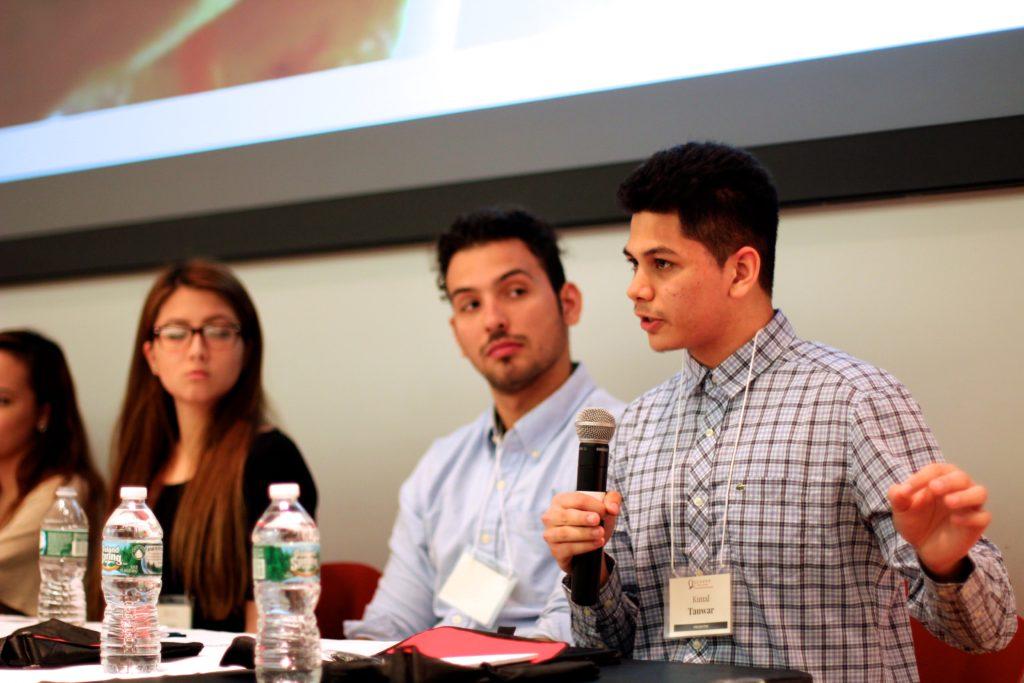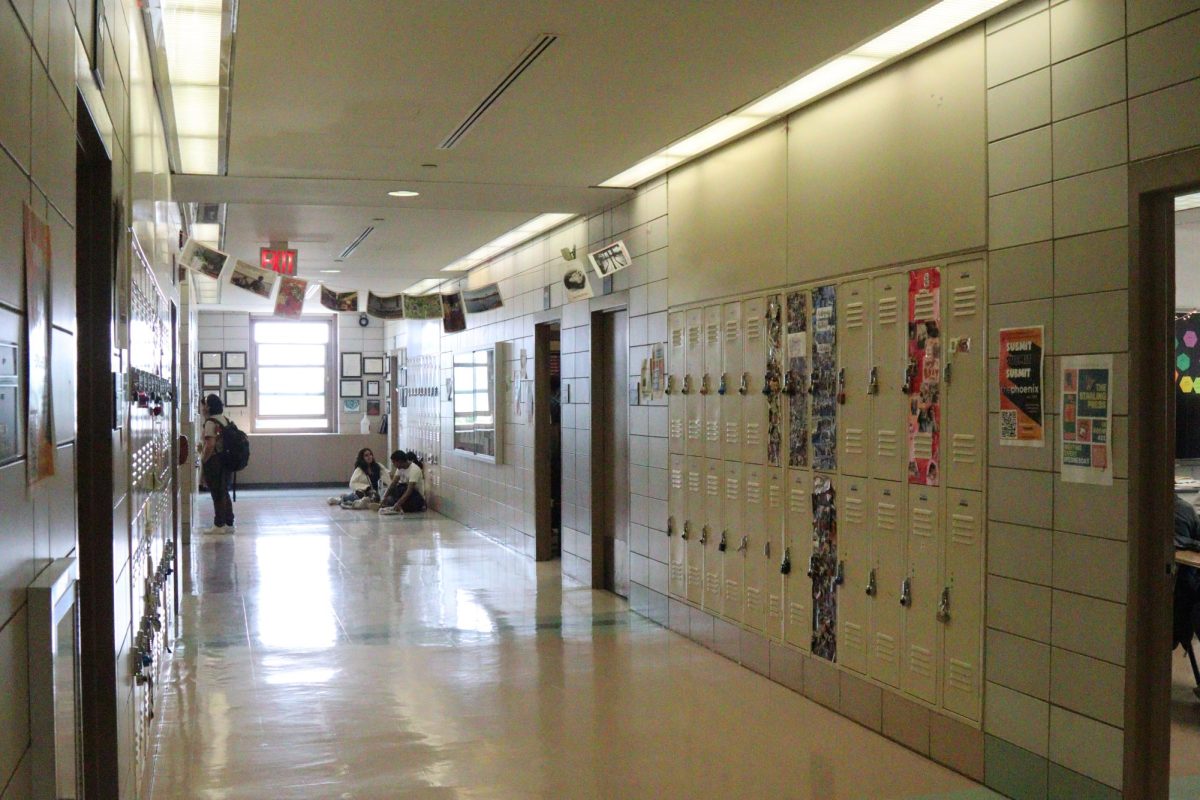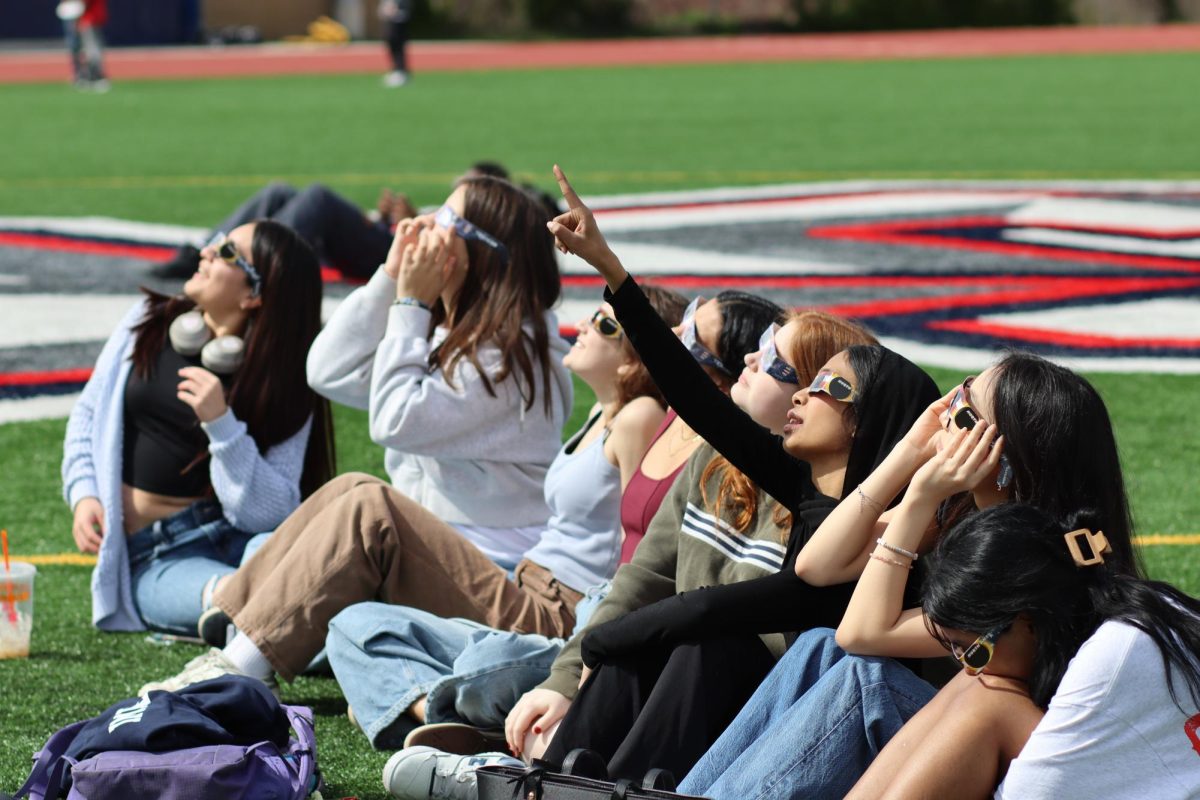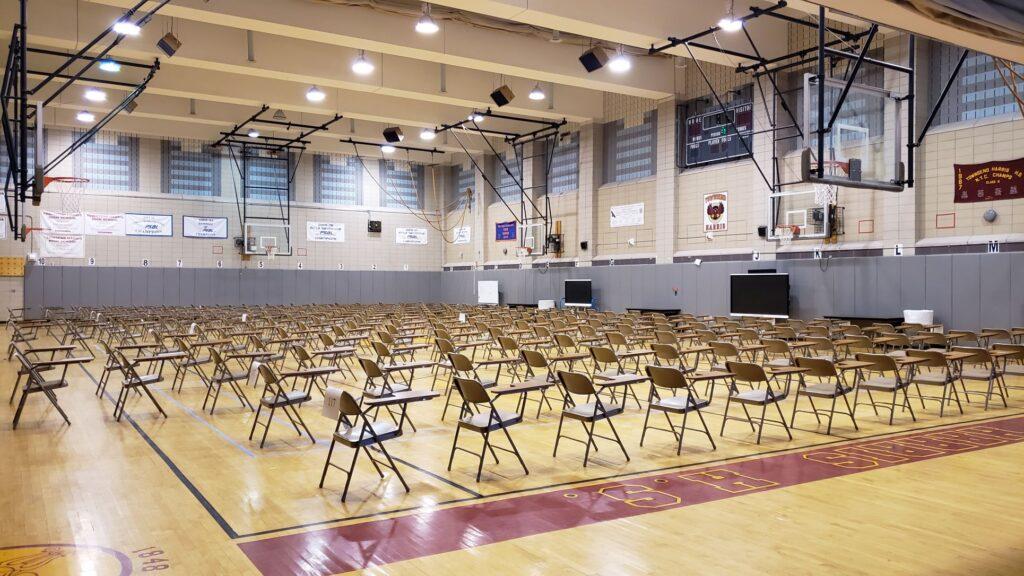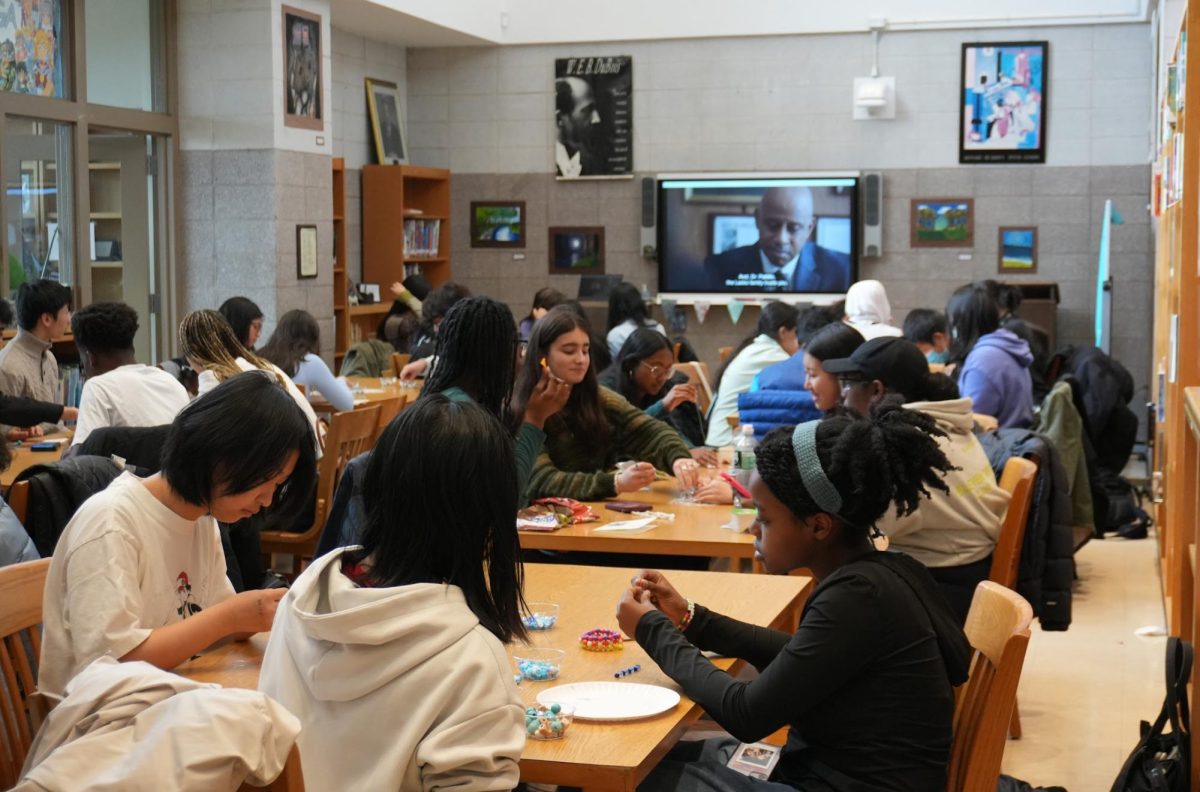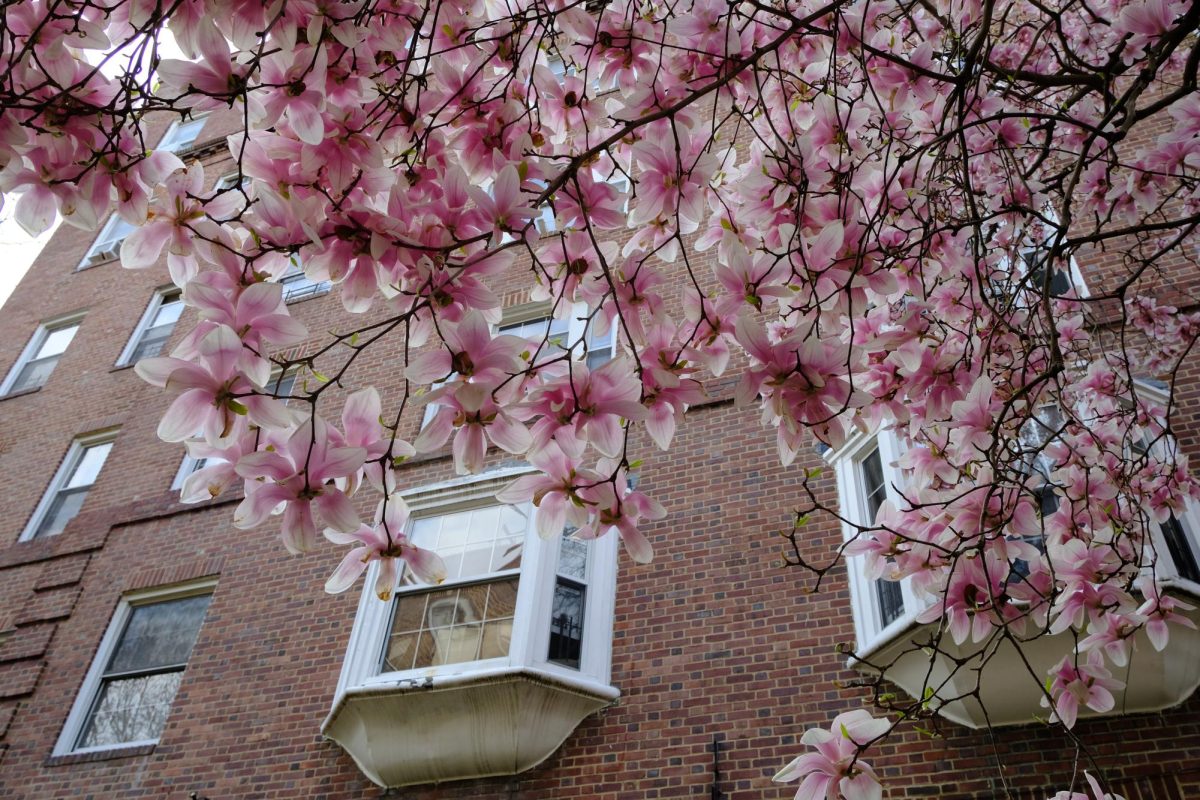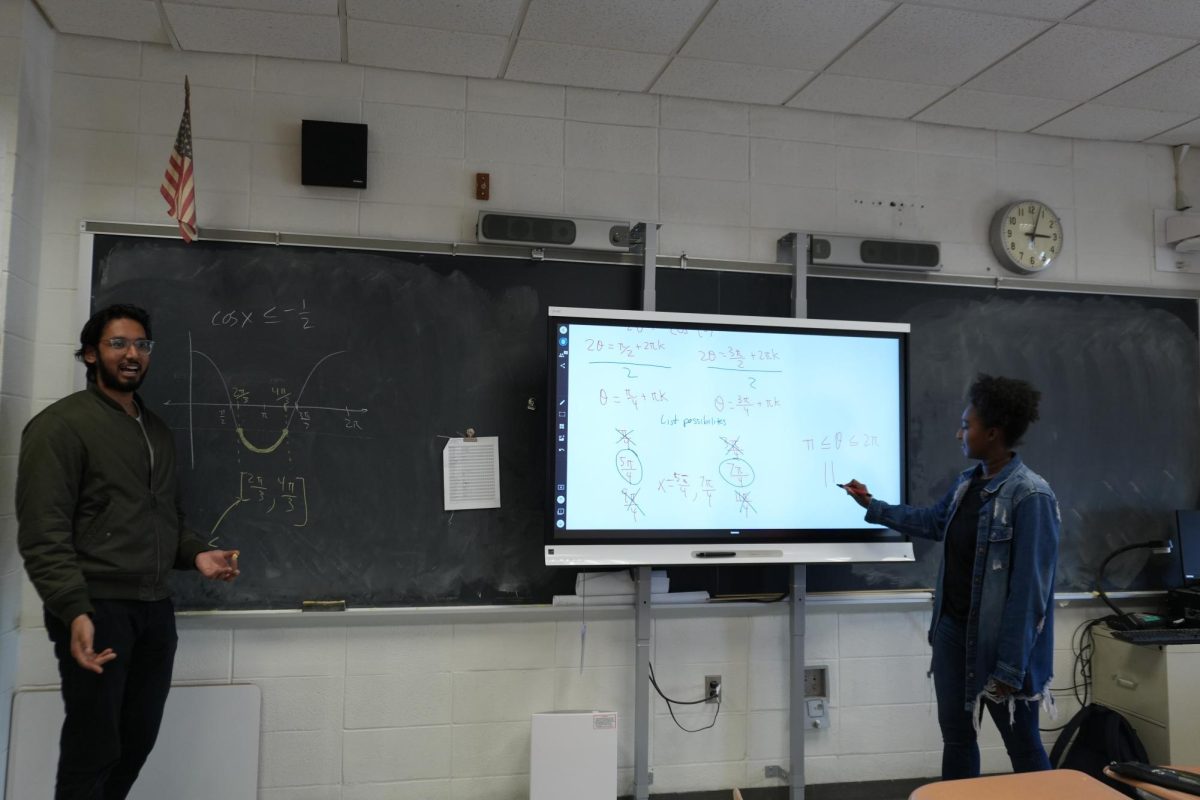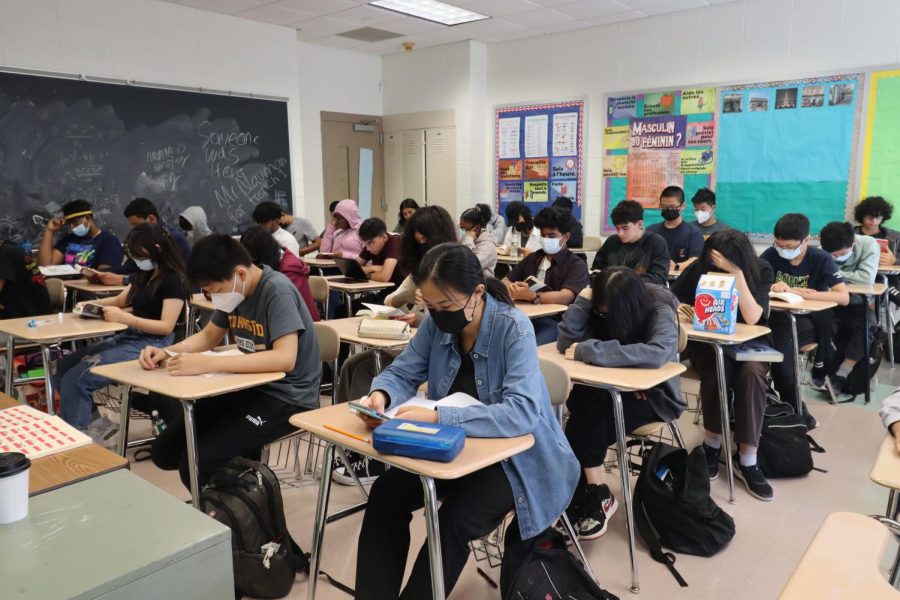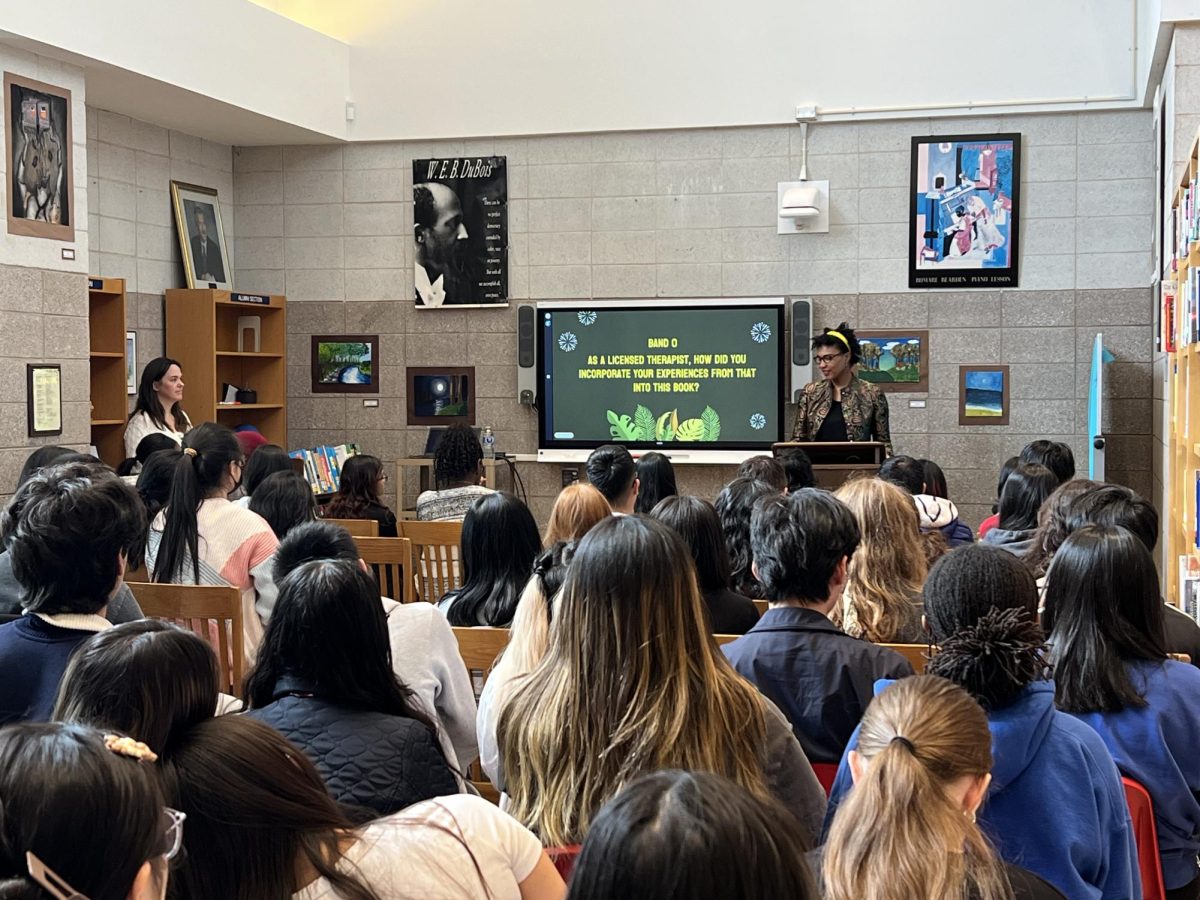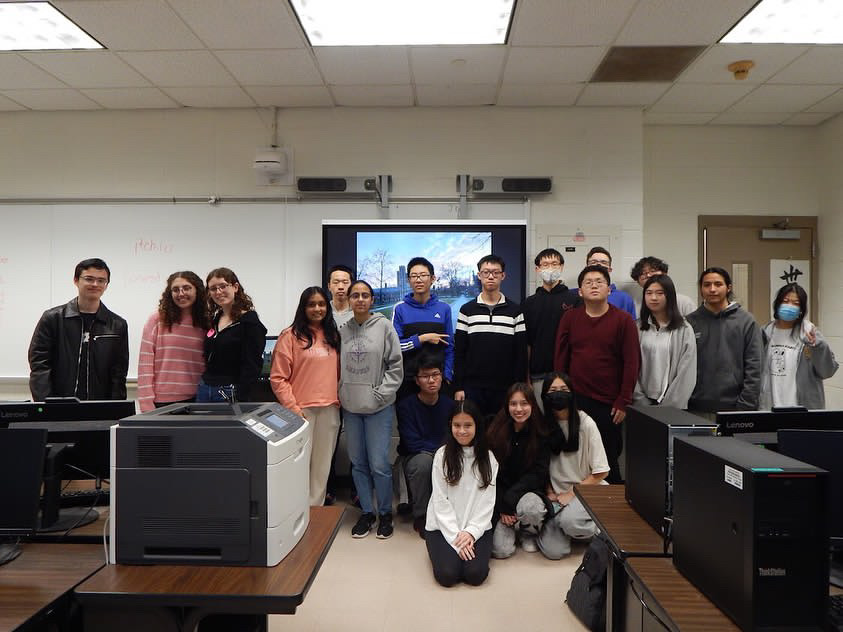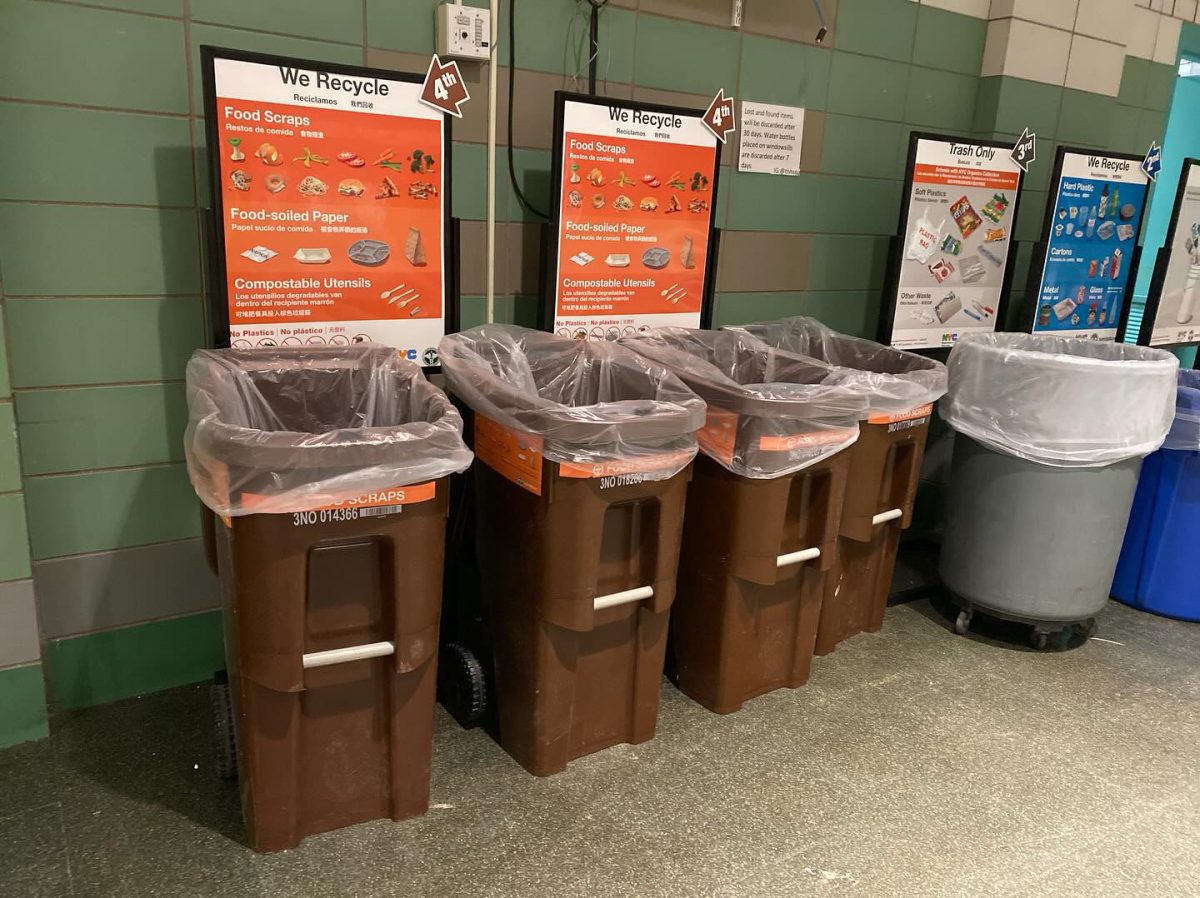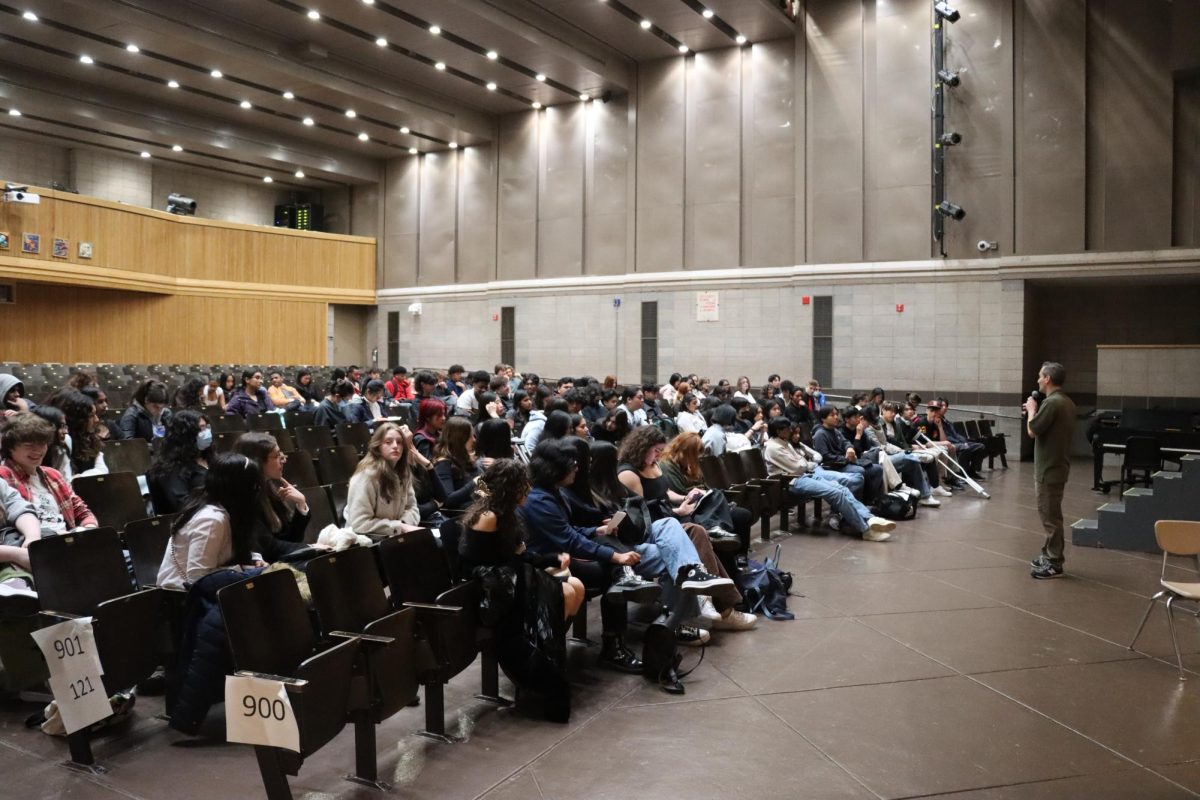
One of the happiest moments in a student’s life is when they learn their teacher is absent. It doesn’t matter how long the teacher is gone for or why, because without their supervision students easily get away with doing no work.
Since the cause of absence can range from a cold to an extended jury duty, most students try to decide how long they can treat that class as a free band. Although this makes many students want to throw a party, others worry about the setbacks a teacher’s absence will have on their education.
Free Time
When students see that favorite substitute teacher walk through the door, they never fail to erupt in a chorus of cheers. Everyone suspects that when a teacher is out, they leave easy work and that gives students a lot of free time to relax during the band.
Freshman Chance Rossbach explained his stereotypical attitude toward teacher absences, “It’s amazing because you get do this easy work and talk to your friends.”
“My instinct reaction to when a teacher is absent is excitement and joy” said junior Shabina Abdin. “This is mainly because I instantly think its a free band to just chill and such.”
Yet, many students remember that the workload doesn’t go away just because the teacher is gone for the day.
Sophomore Rachel Perez said, “Honestly, at first its like ‘Cool, free band,’ but when the teacher comes back you’re in trouble because they expect you to know information they didn’t get a chance to teach you.”
Freshman Samantha Quinn agreed saying, “At first I’m happy because I don’t have to do any work but then I get scared because I think I’m going to fail.”
While some see a teacher’s absence as a way to fall behind schedule and lose the chance to thoroughly learn the material, others take it as an opportunity to let old information sink in.
Freshman Priyanka Phagoo stated that a teacher’s absence “gives time to review what you’ve learned before moving on to the next topic.”
She further explained, “You can ask questions to clarify things with your peers; it’s a different way on learning, sometimes a better way. Plus, it’s a break.”
However, others disagree and say that a teacher’s absence is more trouble than the free band is worth.
Shabina noted, “It’s like trying to learn on your own. I realize I rather have the teacher here because doing the work that was left behind by is so annoying.”
Busy Work
Then there is the issue of the work that teachers leave behind. Some students view the work as beneficial to what they’re learning in class, while others think it’s pointless work that teachers don’t care about and never go back to.
Sophomore Alice Wang noted, “A lot of teachers give work that can be done in ten minutes and we don’t really need to do anything the rest of the time.”
While some teachers agree that some of the work they leave behind, if any, is simply meant to keep students busy, others have a purpose for the work they assign.
“I have a very clear idea of what I’m going to teach throughout the year so I build exercises in a slightly different way. The material I leave is exactly what I would have taught had I been there in front of the class,” commented Spanish teacher Mr. Silvio Martinez.
He continued, “And sometimes I see what we haven’t done or need to work on.”
Latin teacher Ms. Sara Laderoute follows the same tactic, and leave her students work that correlates to what is being done in class. It is work that it meant to emphasize the material that is being taught.
“The things I hand out when I’m not there are all about things that reflect what we have been doing in class,” explained Ms. Laderoute.
Other teachers try to make the work they leave fun while educational at the same time. They are aware that students are less inclined to get stuff done, so they want to make it enjoyable.
“I try to give something interesting that the students will enjoy when I’m not there. Not busy work like some other teachers give,” said science teacher Ms. Sarah Oberlander.
Effects
On average, teachers are absent 6% of the days that school is in session. Although this appears as a small number, it happens to be nearly three times as much as other professional employees.
If students take the time to add up the amount of times that a teacher has been absent during their entire school career, all those absences add up. In fact, when the math is done, an entire year of schooling will be made up of substitute teachers from all those year. This definitely will affect a student’s education.
Mr. Martinez noted that when teachers are absent, students suffer more than they gain. He said, “That’s why I try to keep my absences at a minimum, but there is definitely a loss.”
Some teachers are not as concrete about always being present in school, for they are after all human and have lives outside of school.
“A couple of days here and there aren’t as big a deal. But if a teacher is consistently absent it will impact the students,” said Ms. Oberlander.
Like the majority of students.,junior Aman Kaur Saini, doesn’t mind the occasional absence, but worries if it is an extended period of time.
“If the teacher is absent for one day, it doesn’t really affect me. But if its like two days or more, it does have an impact, especially if we have a test soon.”
Most students don’t care is a teachers is absent as long as it doesn’t conflict with any large exams, like the AP exams or the regents.
“When a teacher is absent for a longer period of time, it starts to worry and scare me, especially when the absence is right before regents time. It’s like losing precious time to review and finish the curriculum” said Shabina.
A long term-sub from the Department of Education, Nancy Agostini, provided an interesting perspective on student behaviors during long term teacher absences.
“It depends greatly on how old the kids are, whether they’re Special-ed or general-ed. For general-ed, in the beginning, the students will often get attached to the substitute but they know it’s not going to be forever. So when the new teacher comes in they get attached to them pretty fast too. But if it’s special-ed students or even younger kids who need routine, a change up like that could disrupt them.”
Juniors Zareen Mir concluded that it is “sometimes it’s good to have a break.” And although that is true, junior Brian Shtab said, “It shouldn’t prevent you from getting an education.”

